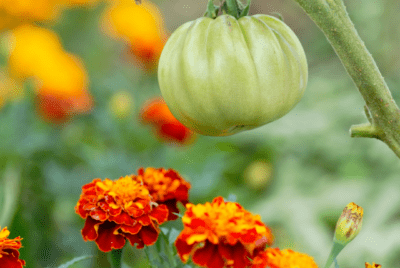RESEARCH
The Effects of a Horticulture Activity Program on the Psychological Well-being of Older People in a Long-term Care Facility
Summary
This study looked at whether participating in indoor gardening activities could improve the psychological well-being of older adults living in long-term care facilities. Over seven weeks, one group of residents took part in weekly one-hour gardening sessions, while another group continued their usual routines without any gardening activities. Both groups were similar in age, health, and living conditions before the study began. The gardening sessions included simple activities like planting seeds, taking plant cuttings, smelling herbs, and transplanting plants, all designed to be accessible and enjoyable for the participants.
At the end of the seven weeks, researchers measured the psychological well-being of both groups using a reliable questionnaire. The results showed that the group who participated in the gardening sessions experienced a significant improvement in their sense of well-being, while the control group, who did not participate, showed a slight decrease. This suggests that regular horticulture activities can have a positive effect on the mental health and quality of life for older adults in care facilities.







